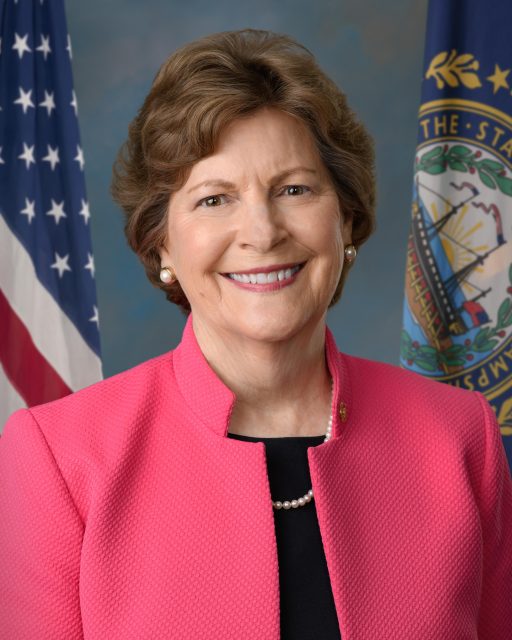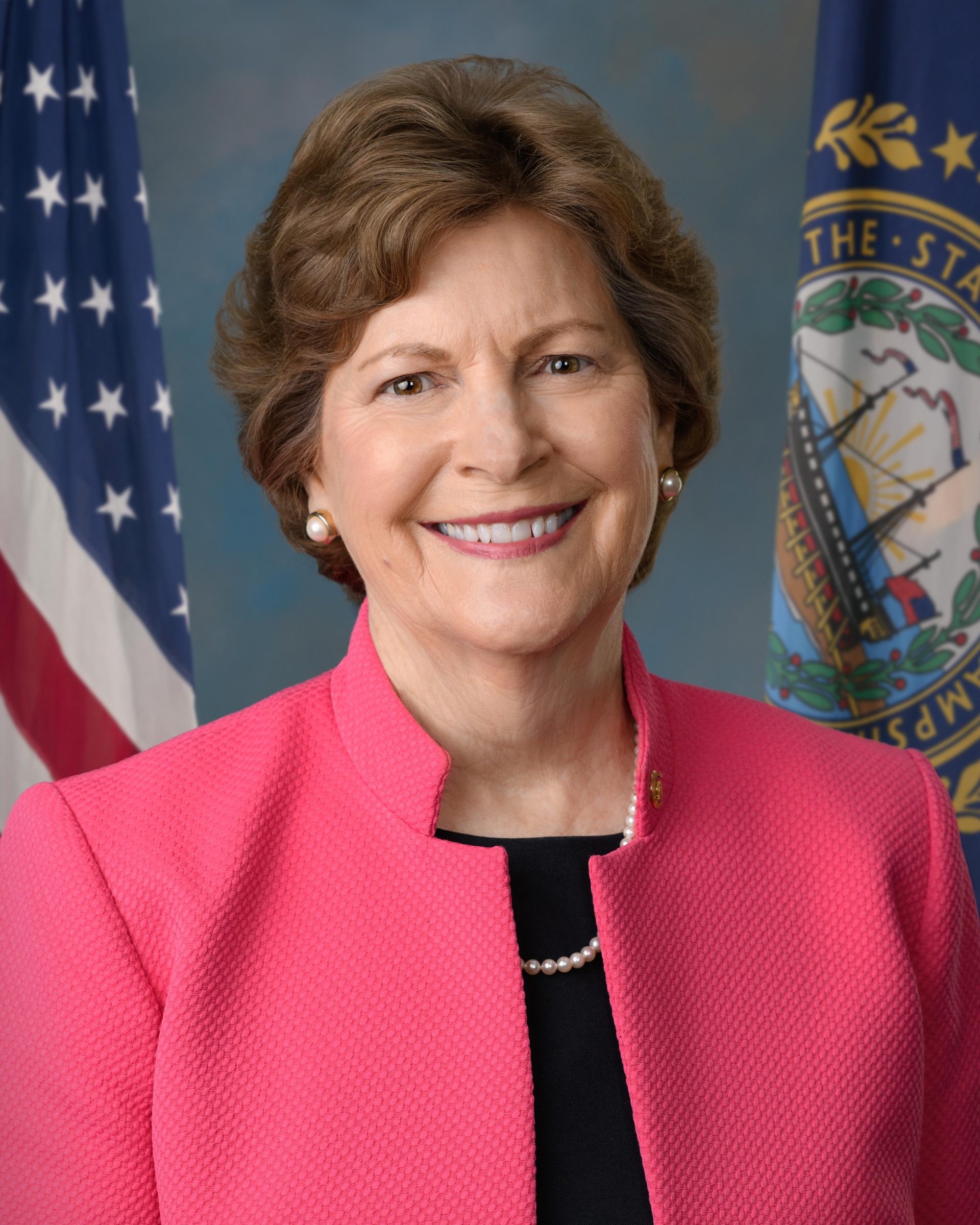Instant Access
No Waiting, Start Streaming Now
24/7 Support
Always Here to Help
Multi-Device
Watch on Any Screen
8K Quality
Crystal Clear Streaming


Instant Access
No Waiting, Start Streaming Now
24/7 Support
Always Here to Help
Multi-Device
Watch on Any Screen
8K Quality
Crystal Clear Streaming
As the world gears up for the highly anticipated 2026 FIFA World Cup, a significant discussion is emerging in the political arena regarding travel policies. With millions of fans expected to flock to the United States, Canada, and Mexico for the tournament, one senator is advocating for a reassessment of current travel restrictions and regulations. This move aims to facilitate easier access to host cities, ensuring that the vibrant spirit of the event is mirrored by an equally welcoming atmosphere for international visitors.As we explore the implications of these proposed policy changes, we delve into the intersection of sports, politics, and global connectivity—an essential conversation as we approach one of the largest sporting spectacles in the world.
In light of the upcoming 2026 FIFA World Cup,a prominent senator has called for significant changes to current travel policies to ensure smoother international travel for fans,players,and officials. highlighting the event’s potential to attract millions from across the globe, the senator emphasized the need to cut bureaucratic red tape and streamline visa processing to uphold the United States’ commitment as one of the co-host nations. According to the proposal, cooperative measures with Mexico and Canada, the event’s other host countries, could foster a more efficient, guest-amiable travel experience.
The senator also suggested integrating a dedicated digital platform to expedite entry procedures and handle inquiries related to World Cup travel requirements. Below is a snapshot of the proposed changes:
| Proposed Policy | Implementation Timeframe |
|---|---|
| Streamlined Visa Program | 12-18 months before the event |
| Cross-Border coordination | Ongoing |
| Digital Travel Platform | By mid-2025 |
Advocating for these reforms, the senator stressed that the World Cup provides a unique opportunity to showcase the nation’s hospitality while boosting the economy through increased international tourism and engagement.
The proposed easing of travel policies ahead of the 2026 World Cup has significant implications for multiple groups. For athletes, streamlined entry procedures could mean less logistical stress, allowing them to focus on training and performance. Athletes often face complications with visa approvals or delays that can interfere with their preparations for international tournaments. By addressing these barriers, policymakers could foster a smoother experience for teams traveling to compete, possibly leading to higher-quality matches. Similarly, fans traveling internationally would benefit from reduced restrictions, enabling them to attend games more freely, creating a more vibrant and diverse atmosphere in stadiums.
For the local and national economies,the impact cannot be overstated. A more accessible travel framework could boost tourism revenue, attracting millions of visitors eager to experience the World Cup. Local businesses—hotels, restaurants, and transportation services—stand to gain significantly from this influx of fans. Additional job creation would also result from the increased demand in event management, logistics, and hospitality. Here’s a snapshot of potential economic opportunities:
| Sector | Anticipated Growth |
|---|---|
| Tourism & Hospitality | +25% |
| Small Businesses | +15% |
| Event Staffing | +10,000 Jobs |
By streamlining travel policies, governments could help maximize both the cultural and economic potential of this historic event.
The proposed changes aim to streamline travel policies in anticipation of the 2026 World Cup, ensuring smoother entry and exit processes for international visitors. Key highlights include reducing visa processing times, simplifying documentation requirements, and introducing a digital visa system to enhance efficiency. These measures are expected to eliminate bottlenecks, enabling a seamless experience for fans, athletes, and support teams. Additionally, stakeholder consultations recommend implementing real-time communication channels at airports for handling emergencies and inquiries, ensuring a welcoming atmosphere for all travelers.
To support effective policy implementation, emphasis is placed on collaborative efforts across government agencies and private sectors. Proposed strategies include:
| Policy Aspect | Proposed Change |
|---|---|
| Visa Processing | Accelerated approvals within 72 hours |
| Digital Infrastructure | Nationwide rollout of e-visas |
| Airport Facilities | Streamlined World Cup-specific lanes |
as we look ahead to the eagerly anticipated 2026 World Cup, the sentiment for more flexible travel policies grows stronger. The senator’s call for reform underscores a vital intersection of sport and accessibility, reflecting a belief that the beautiful game should unite fans from all walks of life. With only a few years till the tournament, the time is ripe for dialog and action. By easing travel restrictions, we can pave the way for a more inclusive and thrilling atmosphere that celebrates the spirit of the World Cup. As discussions progress, one thing is clear: the journey to the tournament is just as significant as the event itself. Let’s hope that when the whistle blows in 2026, it signals not only the start of the matches but also a new era of connection for soccer enthusiasts around the globe.
34,353
Live TV Channels
162,404
Movies
27,802
Series
284,023
Total Subscriptions
139,854
Users Online
142,887
Total Resellers

